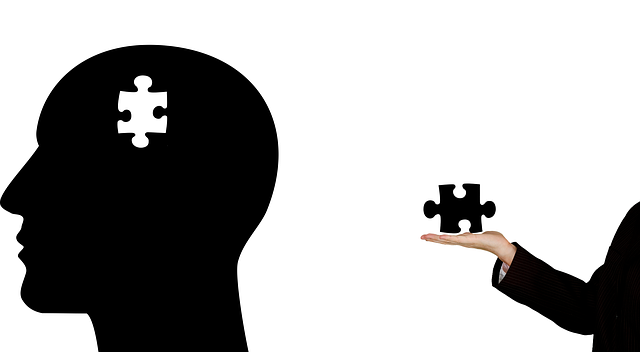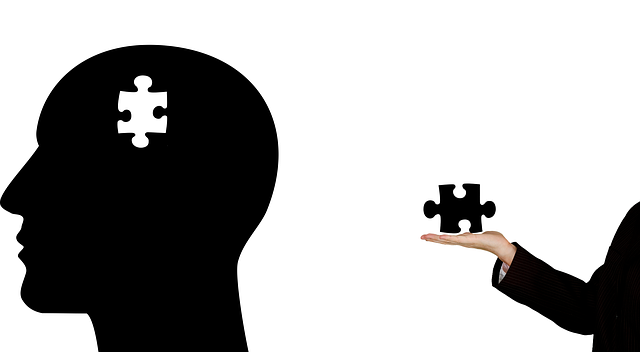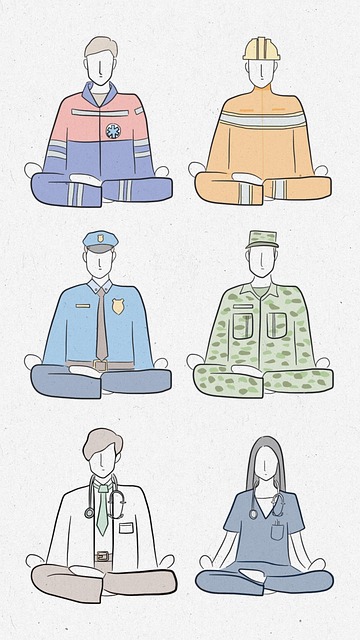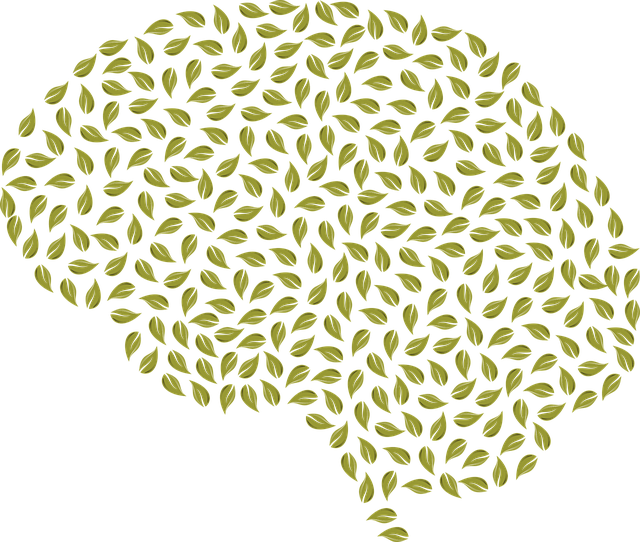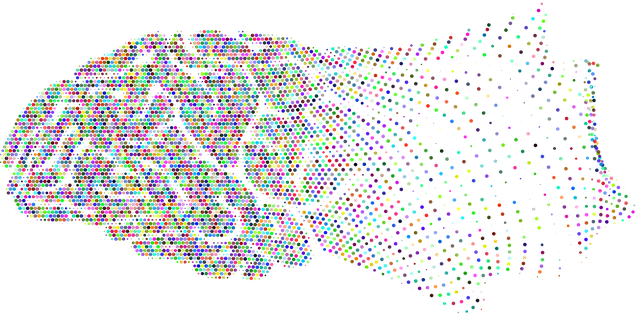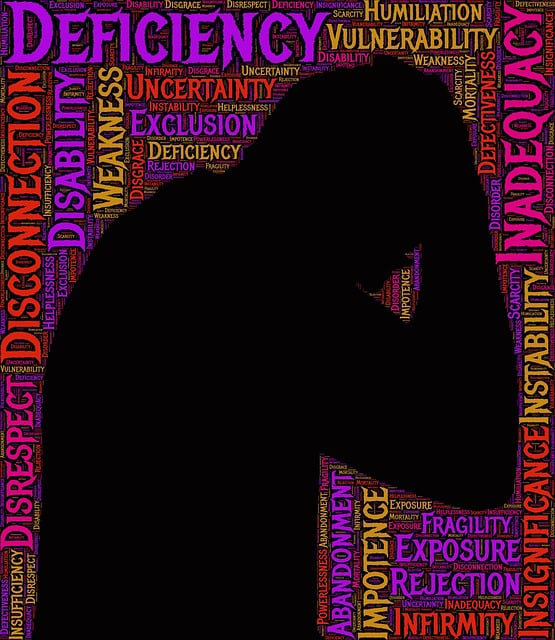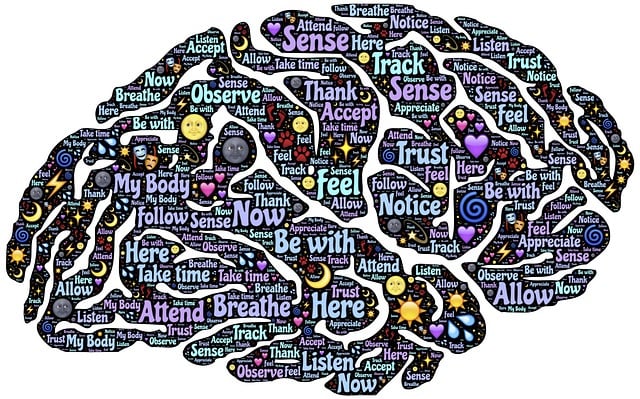Highlands Ranch Codependency Therapy offers a supportive environment and evidence-based techniques to break free from unhealthy emotional dependencies. Through group facilitation, participants gain self-awareness, learn boundary setting, enhance communication skills, and improve mental wellness. Effective strategies include active listening, structured self-reflection, crisis intervention, burnout prevention for facilitators, goal-setting exercises, and trauma support services, all focused on fostering deep connections, accountability, and lasting improvements in mental health.
In Highlands Ranch Codependency Therapy, group facilitation plays a pivotal role in fostering mental wellness. This article delves into the art of facilitating supportive environments that encourage individuals to navigate their codependency issues and promote healing. We explore effective techniques to build connections, deepen understanding, and inspire actionable steps towards recovery. By examining these strategies, facilitators can enhance their skills, creating safe spaces that empower participants on their journey to improved mental wellness.
- Understanding Codependency and Its Impact on Mental Wellness
- Creating a Safe and Supportive Group Environment
- Effective Facilitation Techniques for Deepening Connection
- Strategies for Encouraging Actionable Steps and Accountability
Understanding Codependency and Its Impact on Mental Wellness

Codependency, a complex emotional dynamic often seen in relationships, can significantly impact mental wellness. In Highlands Ranch Codependency Therapy, facilitators aim to help individuals recognize and break free from unhealthy patterns of reliance on others for validation and self-worth. This therapeutic approach is crucial in addressing the root causes of low self-esteem, anxiety, and depression prevention. By fostering self-awareness exercises, participants learn to differentiate between healthy interdependence and codependency, enabling them to build stronger, more balanced relationships.
Understanding codependency involves recognizing when individual needs are overshadowed by a desire to please others. This can lead to suppressing emotions, neglecting personal boundaries, and even enabling harmful behaviors in others. Healthcare provider cultural competency training highlights the importance of empathy and understanding these dynamics across diverse backgrounds. Through effective group facilitation techniques, participants gain insights into their codependent tendencies, fostering self-acceptance and improved communication skills, ultimately enhancing overall mental wellness.
Creating a Safe and Supportive Group Environment

In facilitating a mental wellness group, creating a safe and supportive environment is paramount. This involves establishing ground rules that prioritize respect, confidentiality, and active listening. As a facilitator, it’s crucial to lead by example, demonstrating empathy and understanding towards every member’s experience. At Highlands Ranch Codependency Therapy, we emphasize the importance of fostering an atmosphere where individuals feel comfortable sharing their stories without fear of judgment. This not only encourages open dialogue but also strengthens the therapeutic bond within the group.
Additionally, incorporating burnout prevention strategies for healthcare providers can significantly enhance the group’s overall mental wellness. Compassion cultivation practices, for instance, help participants cultivate self-compassion and extend that same kindness to others. By integrating these practices, groups can navigate challenging discussions with a collective sense of resilience, ensuring each member feels valued and supported throughout their journey towards improved mental health.
Effective Facilitation Techniques for Deepening Connection

Effective facilitation techniques play a pivotal role in fostering deep connections within mental wellness groups. Facilitators in Highlands Ranch Codependency Therapy often employ strategies that encourage open and honest communication, creating a safe space for individuals to explore their emotions and build meaningful relationships. One powerful technique is active listening, where facilitators pay close attention to each participant’s stories, validating their feelings and experiences without judgment. This simple yet profound act fosters trust and encourages members to share more, deepening the group’s collective understanding and empathy.
Additionally, structured activities designed to promote self-reflection and interdependence can enhance connection. Crisis Intervention Guidance and Burnout Prevention Strategies for Healthcare Providers are often integrated into these sessions, allowing participants to explore their roles in relationships and identify unhealthy patterns. By addressing codependency issues through collaborative exercises, facilitators enable members to develop healthier boundaries and improve communication, ultimately strengthening the support system within the group. This holistic approach ensures that participants not only gain insights but also foster genuine connections that extend beyond the therapy room.
Strategies for Encouraging Actionable Steps and Accountability

Encouraging participants to take actionable steps is a vital part of any mental wellness group facilitation. This can be achieved through setting clear goals and breaking them down into manageable tasks, ensuring each step is specific and measurable. Techniques like goal-setting exercises, where individuals define their personal objectives, foster a sense of ownership and accountability. Group leaders can also incorporate regular check-ins to monitor progress, providing a safe space for members to share their achievements or challenges without judgment. This supportive environment, reminiscent of Highlands Ranch Codependency Therapy sessions, encourages open communication and reinforces the importance of consistency.
Additionally, incorporating Self-Awareness Exercises into group activities allows individuals to identify triggers and develop coping strategies. By exploring personal experiences and emotions, members gain insights that drive positive changes. Moreover, Mental Illness Stigma Reduction Efforts within the group dynamic can create a culture of empathy and understanding, encouraging accountability as participants support one another in their mental health journeys. Trauma Support Services are also beneficial, providing tools to navigate past traumas and promote self-care practices that lead to lasting improvements.
Mental wellness group facilitation plays a pivotal role in supporting individuals navigating codependency issues. By creating safe spaces, facilitators can foster meaningful connections and encourage actionable steps towards recovery. The techniques discussed—from understanding codependency’s impact to promoting accountability—are essential tools for any Highland Ranch Codependency Therapy practitioner aiming to enhance group dynamics and facilitate positive change. Through these strategies, groups can become powerful support networks, empowering members to take control of their mental wellness journeys.
